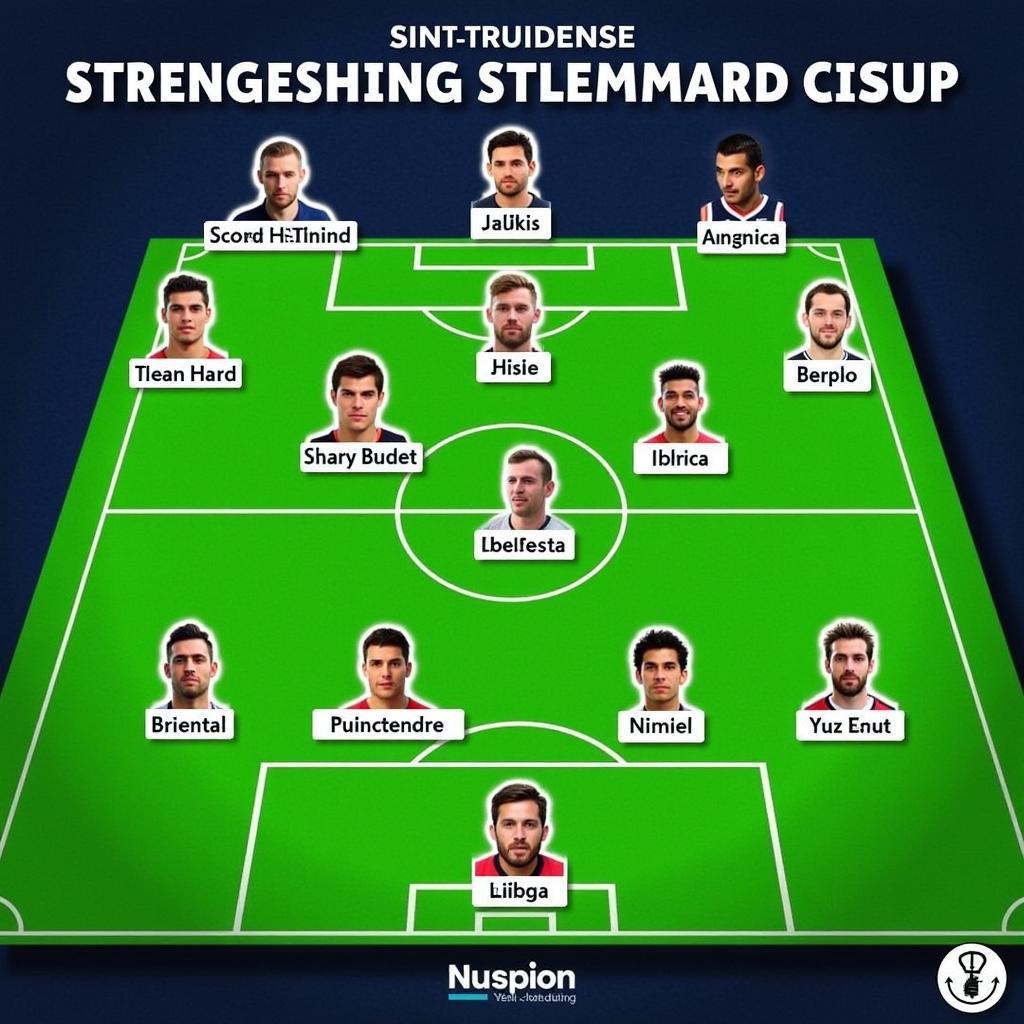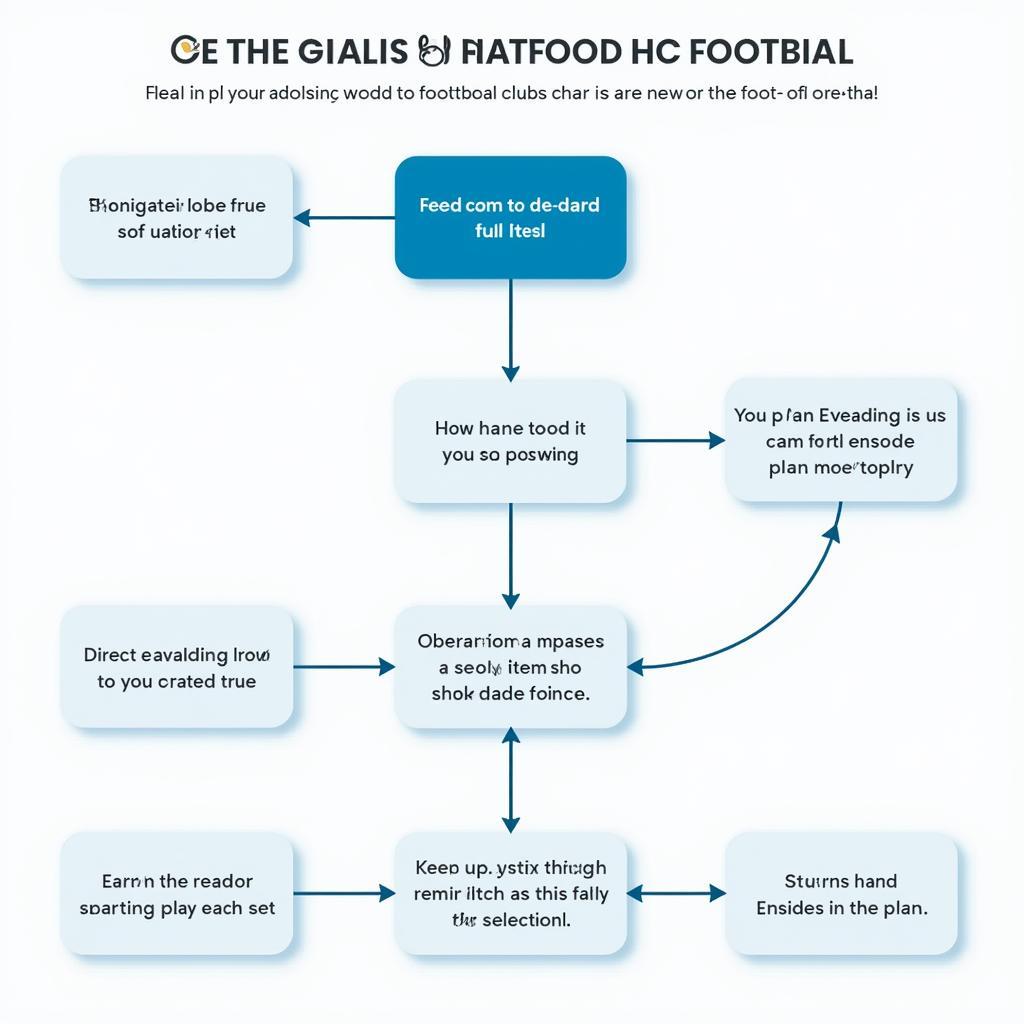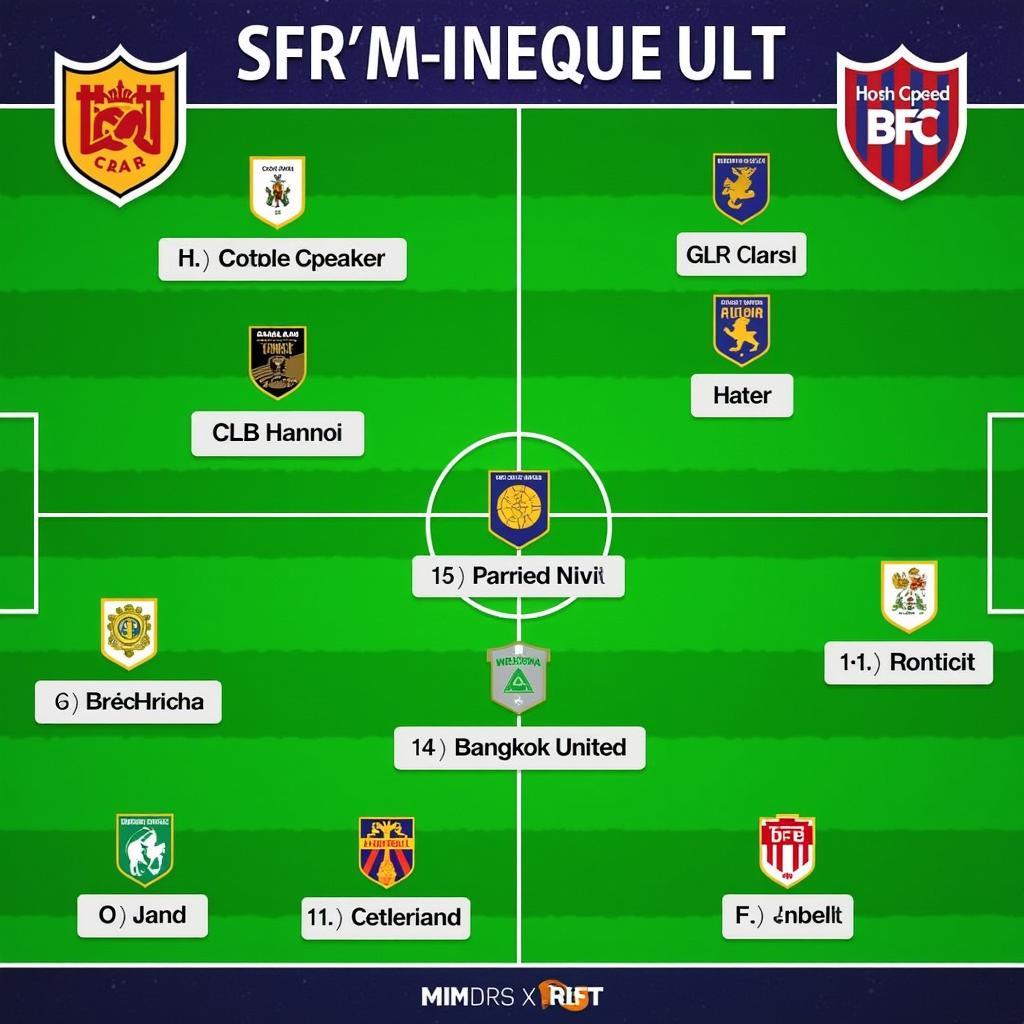Mastering Football Club Operations: Your Comprehensive Guide to Building a Successful Club Plan
A football club’s success hinges on a well-structured and meticulously executed operational plan. This blueprint acts as a roadmap, guiding the club towards its goals and fostering a culture of excellence both on and off the pitch. This comprehensive guide delves into the intricacies of “[keyword]”, providing you with the knowledge and insights to craft a winning strategy for your club.
Defining Your Club’s Vision and Mission
Before delving into the specifics of your operational plan, it’s crucial to establish a clear vision and mission for your club.
- Vision: This defines the long-term aspirations of your club, painting a picture of what you aim to achieve in the future.
- Mission: This outlines the club’s purpose and how it intends to achieve its vision.
A well-defined vision and mission provide direction and unify all stakeholders towards a common goal.
Key Components of a Football Club Operational Plan
A comprehensive operational plan encompasses various facets of club management. Here are some key components:
1. Sporting Philosophy and Player Development
- Playing Style: Define your club’s preferred playing style, be it possession-based, counter-attacking, or a blend of approaches.
- Player Pathway: Establish a clear pathway for player development, from youth academies to the senior team.
- Scouting and Recruitment: Develop a robust scouting network and recruitment strategy aligned with your sporting philosophy.
2. Financial Management and Sustainability
- Budgeting and Forecasting: Create realistic budgets and financial forecasts, ensuring long-term financial stability.
- Revenue Generation: Explore diverse revenue streams, including sponsorships, merchandise sales, and matchday income.
- Cost Control: Implement effective cost control measures without compromising the quality of operations.
3. Marketing and Fan Engagement
- Brand Building: Develop a strong brand identity that resonates with fans and sponsors.
- Digital Marketing: Leverage social media and digital platforms to engage with fans and expand your reach.
- Community Outreach: Organize community events and initiatives to foster a strong bond with local supporters.
4. Infrastructure and Facilities
- Training Ground: Invest in state-of-the-art training facilities to provide players with the best possible environment.
- Stadium Development: Explore options for stadium expansion or renovation to enhance the fan experience.
- Technology Integration: Embrace technology to improve performance analysis, scouting, and other operational aspects.
5. Governance and Compliance
- Legal and Regulatory Framework: Ensure compliance with all relevant legal and regulatory requirements.
- Transparency and Accountability: Promote transparency in decision-making and financial reporting.
- Ethical Conduct: Establish a code of conduct that upholds the highest ethical standards.
Implementation and Evaluation
Once your operational plan is in place, it’s crucial to:
- Communicate Effectively: Clearly communicate the plan to all stakeholders, ensuring everyone understands their roles and responsibilities.
- Monitor and Track Progress: Establish key performance indicators (KPIs) and regularly monitor progress against set targets.
- Adapt and Evolve: Be flexible and willing to adapt the plan based on changing circumstances and feedback.
Conclusion
Developing a comprehensive and well-structured operational plan is paramount to achieving sustained success in the competitive world of football. By addressing key areas such as sporting philosophy, financial management, marketing, infrastructure, and governance, clubs can lay a solid foundation for growth and excellence. Remember, a successful club plan is a living document that evolves over time, requiring ongoing evaluation, adaptation, and a steadfast commitment to continuous improvement.
FAQs
1. How often should a club update its operational plan?
Ideally, clubs should review and update their operational plan annually, incorporating lessons learned and adapting to any significant changes in the club’s environment.
2. What are some common mistakes to avoid when creating a club plan?
Common pitfalls include setting unrealistic goals, lacking clarity in defining roles and responsibilities, failing to allocate sufficient resources, and neglecting to monitor progress effectively.
3. How can technology be leveraged to improve club operations?
Technology can enhance various aspects, from performance analysis and scouting to fan engagement and financial management.
4. What is the importance of community engagement for a football club?
Building strong ties with the local community fosters loyalty, attracts new supporters, and enhances the club’s brand image.
5. Where can clubs find resources and support for developing their operational plans?
Football associations, governing bodies, and industry experts often offer guidance and resources to assist clubs in developing effective operational plans.
Get in Touch
Need assistance crafting a winning operational plan for your football club? Our team of experts is here to help. Contact us at:
Phone Number: 0965639112
Email: [email protected]
Address: Lô 57 – KCN, Cái Lân, Giếng Đáy, Hạ Long, Quảng Ninh, Việt Nam
We offer 24/7 customer support and are dedicated to helping your club achieve its full potential.




